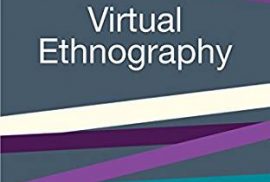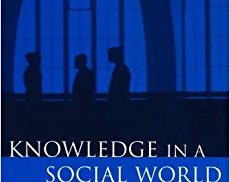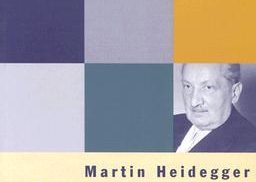This book is about the ways in which use of the Internet is made meaning- ful in local contexts. It is therefore appropriate, as well as necessary, that I should start by acknowledging the local context which made production of this book possible. Since 1991 I have been a member of the Centre for Research into Innovation, Culture and Technology (CRICT) at Brunel University. The intellectual environment provided by CRICT, the people I have met and the ideas I have encountered there have been central to the development of the perspective explored here. I owe a huge debt accumulated over the years to Steve Woolgar, Mike Lynch, Alan Irwin, Geoff Cooper, Eric Hirsch, Janet Rachel, Stuart Shapiro, Janet Vaux, David Oswell, Julian Petley, Chris Carne, Clare Fisher, Liz Ackroyd, Debbie Chagouri and Donna Page. Supervising PhD students has also been a source of insight and inspiration, and I thank Linda Hitchin, Andrea Buchholz, Tilly Blyth, Nathan Blau, Robert Pain and Dan Neyland. Teaching a course on the Social Dynamics of Communications Technologies has helped me to formulate and clarify my ideas, and I am grateful to the Communications and Media Studies and MA Communications and Technology students who have taken that course over the years and helped to make it a stimulating and enjoyable experience. Teaching Communications and Media Studies students to develop web pages has been an opportunity to combine theory and practice, and to participate in the learning processes through which web pages are made to make sense. Morewidely, I have bene®ted hugely from the opportunity to present and discuss portions of this work at conferences and workshops, particularly the Society for Social Studies of Science, European Association for Studies of Science and Technology, Internet Research and Information for Social Scientists (IRISS ’98) and the Technology, Speed and Society meeting organized by Cambridge anthropologists. Brunel University made the award which enabled me to employ a research assistant, Allegra Catol® Salvoni, for the project which turned into this one. Allegra made a major contribution to the gathering of both literature and data for the project and was a joy to work with. The Department of Human Sciences at Brunel granted me a teaching-free semester to devote to the production of the manuscript. Great thanks are due to Chris Rojek at Sage who encouraged me to turn Virtual Ethnography into a book. Physiotherapist Ann McLaughlin is to be thanked for helping to maintain and restore my ability to sit at a keyboard during the latter stages of web sur®ng and manuscript preparation. For their support, tolerance and encouragement, I must thank Simon Manze, the Hine and Manze families, and many friends. Finally, I owe a great debt to the producers of web pages and contributors to newsgroups who gave up their time to help in the research and share with me their own local understandings of the Internet.
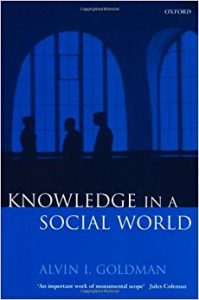
This chapter is far from the final word on the social epistemology of education. But I do take it to establish the importance of social epistemology to the philosophy of education. As in science, law, politics, and all other sectors where information is critical to society, social epistemology should be a guiding force. At the edge of the twenty-first century, the age of information has not merely dawned; it is reaching its zenith. Veritistic social epistemology has an important role to play in this era.
The Principle of Identity is the unchanged text of a lecture given on the occasion of the 500th anniversary of the University of Freiburg im Brisgau, fo the faculty day on June 27, 1957. The Onto-theo-logical Constitution of Metaphysics is the explication that conclude a seminar during the winter semester 1956-57 on Hegel’s Science of Logic. It has in part resived. The lecture took place on February 24, 1957 in Todnauberg. The Principle of Identity glace ahead and backward, too; ahead into the realm from which stems the subject matter of the lecture The Thing (see notes); back to the realm where the essence of metaphysics has its source; the constitution of metaphysics is defined by difference. The close relations of identitty and difference will be shown in this publication to be that which gives us thought. The close relation of idendtity and difference wiill be shown in this publication to be that which gives us thought. The reader is to discover for himself in what way difference stem from the essence of identity, by listening to the harmony presiding over the event of approriation and perdurance. In this realm one cannot prove anything, but one can point out a great deal, Todtnauberg September 9, 1957
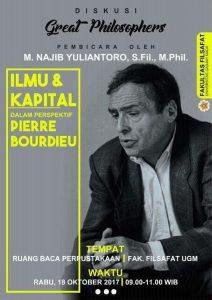
Kemarin tepatnya tanggal 18 Oktober 2017, Perpustakaan Fakultas Filsafat mengadakan acara Great Philosopher. Acara ini terbilang sukses, karena diikuti lebih dari 20 orang. Diskusi Great Philosopher kemarin mempunyai tema Ilmu & Kapital dalam perspektif Pierre Bourdieu, pilihan tema yang masih hangat di era ini. Acara ini diselenggarakan secara gratis, bagi Mahasiswa atau pun dosen yang hendak mengikutinya. Karena dalam UU perpustakaan juga mempunyai kewajiban dalam mendukung Mahasiswa, dosen, atau pun masyarakat dalam memperluas wawasan. Acara diskusi ini secara berkelanjutan (continue), terkadang dilaksanakan pada pertengahan bulan. Jika anda berminat untuk mengikuti diskusi ini, tunggu informasi selanjutnya dari kami.

